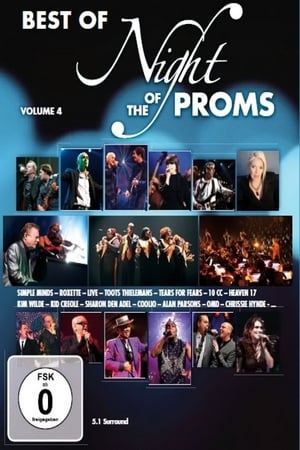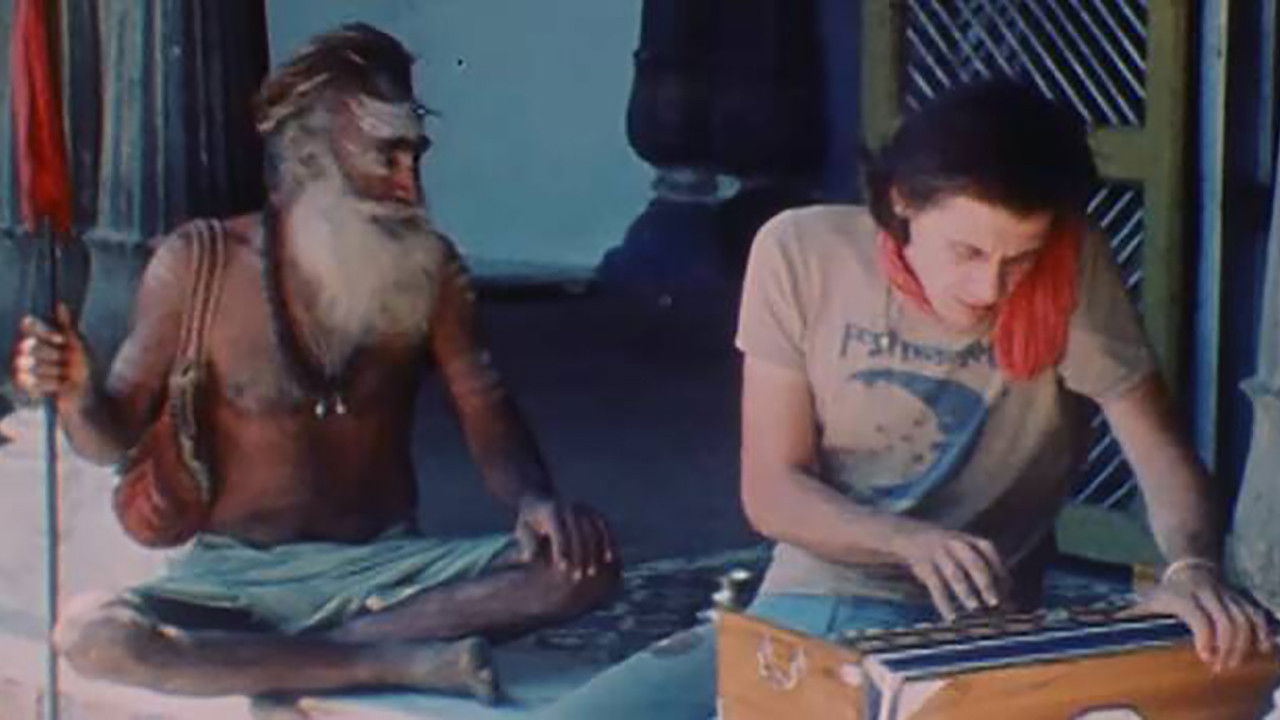
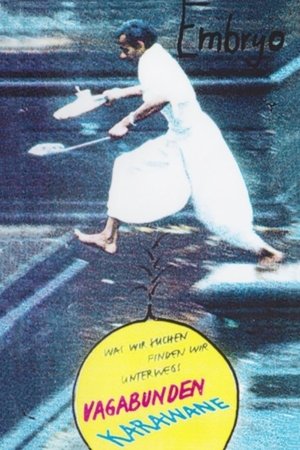
Vagabond's Band(1980)
In 1979, krautrock group Embryo toured Iran, Afghanistan and India by bus, while performing with local musicians and documenting their trip.
Movie: Vagabond's Band
Top 8 Billed Cast
Themselves
Self
Self
Self
Self
Self
Self
Self

Vagabunden Karawane
HomePage
Overview
In 1979, krautrock group Embryo toured Iran, Afghanistan and India by bus, while performing with local musicians and documenting their trip.
Release Date
1980-01-01
Average
0
Rating:
0.0 startsTagline
Genres
Languages:
DeutschKeywords
Similar Movies
 7.5
7.5CAN: The Free Concert(en)
The experimental German krautrockers CAN's legendary "Free Concert," recorded in Cologne's Sporthalle, Germany, on February 3, 1972. The circumstances of this Cologne show were unusual. Rather improbably for such an experimental band, Can actually scored a chart success in Germany with "Spoon," which would later be tacked onto the end of Ege Bamyasi.
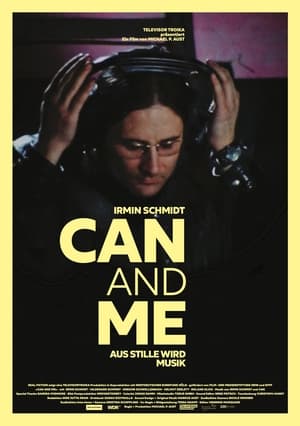 6.0
6.0CAN and Me(de)
In 1968, musician Irmin Schmidt and friends founded the avant-garde band "Can", which achieved worldwide fame. Schmidt also made a name for himself as a composer for films by Wim Wenders. In this documentary, the charismatic sound tinkerer looks back on his life and career.
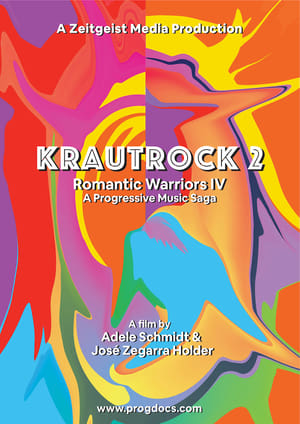 0.0
0.0Romantic Warriors IV: Krautrock (Part 2)(en)
Romantic Warriors IV: Krautrock (Part 2) is the 2nd film of the Krautrock Trilogy, and explores eminent Krautrock bands from the South of Germany. Part 2 focuses on bands from Munich, Wiesbaden, Ulm, and Heidelberg, and highlights a more recent band from Aachen.
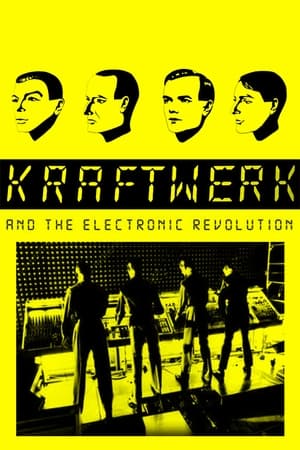 8.8
8.8Kraftwerk and the Electronic Revolution(en)
Kraftwerk's vision of a keyboard-driven world of clicking metronomic rhythms and digitised sound bites may have been the stuff of avant fantasy in the 1970s (the decade that saw the band's first groundbreaking albums), but it is a reality in the new millennium. Their visionary style is explored in KRAFTWERK AND THE ELECTRONIC REVOLUTION, a study of the group, their career and their emergence as the most influential electronic band in the world.
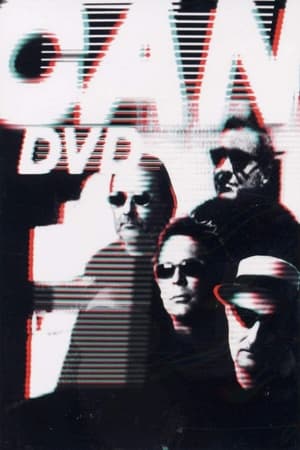 6.5
6.5CAN: The Documentary(en)
The late-'60s avant garde rock band CAN gets a feature-length tribute with this affectionate documentary chronicling its odd inception and subsequent career. In CAN -- The Documentary, the remaining band members are interviewed amidst culled together archival footage from talk shows, concerts, and television appearances to paint a portrait of a band who always remained happily on the sidelines of mass appeal, mixing street music, jazz, folk, and rock into a sometimes poppy, sometimes abstract stew. The band's influence on such seminal acts as Sonic Youth and Talking Heads is also analyzed.
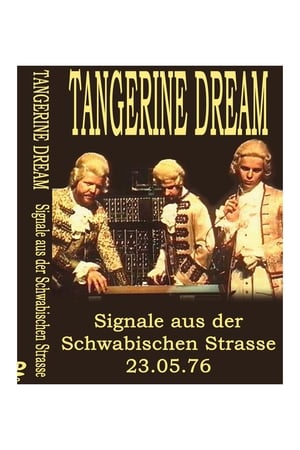 0.0
0.0Tangerine Dream - Signals from the Schwäbischen Strasse(de)
German TV film, also shown on Spanish TV in 1976, this is a film all about TD which includes informal interviews and concert/studio footage, most of which seems to have been done exclusively for the film. The interviews are in the German language. The street name in the title refers to where Edgar Froese used to live in Berlin (apparently Klaus Schulze lived on the same street at the time) and is now the site of the TDI offices.
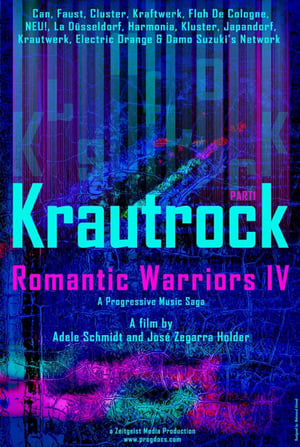 0.0
0.0Romantic Warriors IV: Krautrock (Part I)(en)
The fourth in a series of feature-length documentaries about Progressive rock written and directed by Adele Schmidt and José Zegarra Holder. Krautrock, Part 1 focuses on German progressive rock, popularly known as Krautrock, from in and around the Cologne, Düsseldorf, and Hamburg regions of Germany. Artist featured include Kraftwerk, Neu, Can, Faust and others.
 9.0
9.0BAUS '93(ja)
1993 recording of band Les Rallizes Dénudés performing at the Baus Theater.
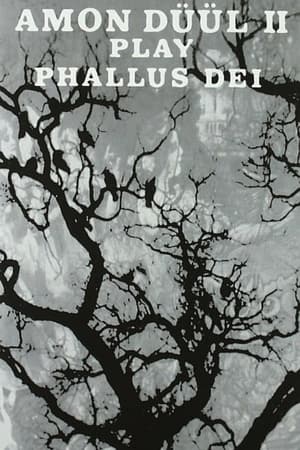 0.0
0.0Amon Duul II: Plays Phallus Dei(en)
Directed by German filmmaker Rüdiger Nüchtern, this behind-the-scenes rock documentary captures Amon Düül II, as the progressive rockers record their debut album, "Phallus Dei," in a Munich recording studio in 1968. Blending performance footage with a collection of psychedelic nature clips, Nüchtern's meditative film captures the true essence of the legendary krautrock collective. The movie premiered at the Edinburgh Film Festival.
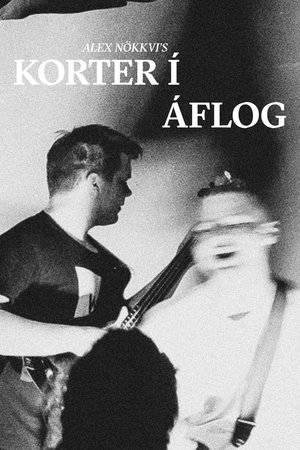 0.0
0.0Korter í Áflog(is)
Documents the band "Korter í Flog". Their way to the top and their ultimate downfall. Post-dreifing, THAT Húrra concert and so much more.
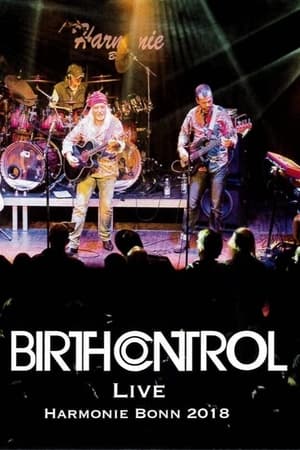 0.0
0.0Birth Control - Live in Harmonie Bonn(de)
Live performance of the prog legends Birth Control. The concert recording contains new material, but also well-known classics, handmade grooves, interesting harmonies, burning solos and soulful rock vocals in front of an enthusiastic audience.
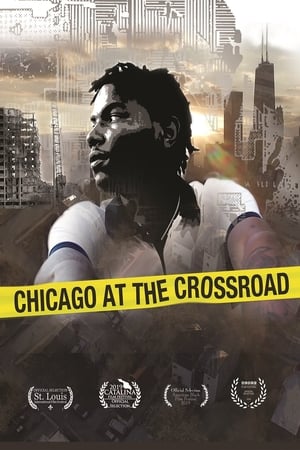 4.0
4.0Chicago at the Crossroad(en)
While gun violence was on the decline in most major US cities, why did it continue to increase in Chicago's segregated communities? What is known about the systems that created the problem, the laws that isolated it, and the policies that abandoned it? Using dramatic footage, including interviews with residents on the front lines over the last 15 years, this documentary opens a rare historical window into the systematic creation of poverty stricken communities plagued by gun violence.
The Exotic Locations of 'Goldfinger'(en)
A tour of the exotic locations of 'Goldfinger'.
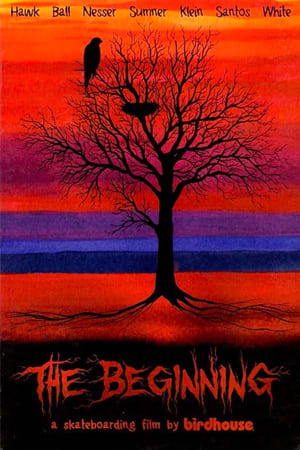 8.0
8.0The Beginning(hu)
More than a decade after the release of the revolutionary skateboarding film The End, Birdhouse comes full circle with a monumental release of cinematic majesty titled The Beginning.
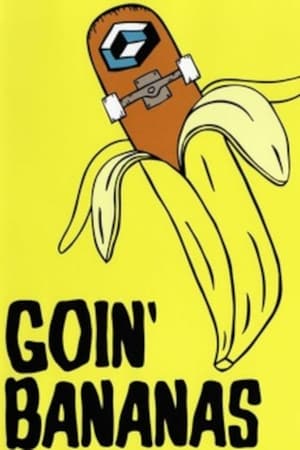 0.0
0.0Consolidated - Goin Bananas(en)
You gotta buy it (or steal it) to find out who's in it.
Site of Sites(es)
Filmed with irony, the film describes brief moments in the lives of tourists, workers, and local vacationers around the construction of an artificial beach somewhere in the Caribbean.
Ugly Me: My Life With Body Dysmorphia(en)
Documentary exploring body dysmorphic disorder, a condition which causes people to believe they are extremely ugly. The film follows 29-year-old Liane and her boyfriend Mitch over a year as Liane starts therapy to try and conquer this crippling condition. Each week Liane meets Professor David Veale, one of the world's leading experts on BDD, who attempts to undo some of her deeply entrenched habits, often leading to uncomfortable and revealing realisations. The documentary also hears from a range of people who are in recovery from BDD talking movingly about their own personal experiences helps illuminate Liane's journey and reveals more about this illness.
 0.0
0.0Bulky Trash(de)
In early summer 1989, Helke Misselwitz portrays young musicians in a band who produce their music on other people’s waste items. The four boys call themselves "Bulk Rubbish" and they drum out their resentment, having grown up on the new housing estates of East Berlin. A straight-up picture of the GDR youth is presented here, which in no way conforms to the official image. The film crew concentrates on the observation of the boy Enrico and his mother Erika: when the mother marries in the West, her son decides to stay in East Berlin, bidding her farewell at the border-crossing. Only shortly after, the tables are turned again: as the events in Berlin leading up to the fall of the Wall are practically captured live from the film crew, Enrico insists on maintaining his cultural identity, even after the fall of the Wall. The "Bulk Rubbish" musicians want to remain citizens of their own state and perceive the looming reunification with scepticism.
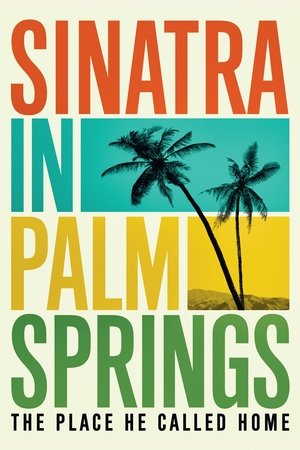 7.0
7.0Sinatra in Palm Springs(en)
Palm Springs, a small desert oasis 100 miles East of Los Angeles was Sinatra's true home for 50 years. During his brief yet turbulent marriage to Ava Gardner his Palm Springs home was center stage. For the rest of his life, the Rancho Mirage compound on Frank Sinatra Drive, was the home he called "My Heaven". Palm Springs still feels the ghost of Frank Sinatra.
